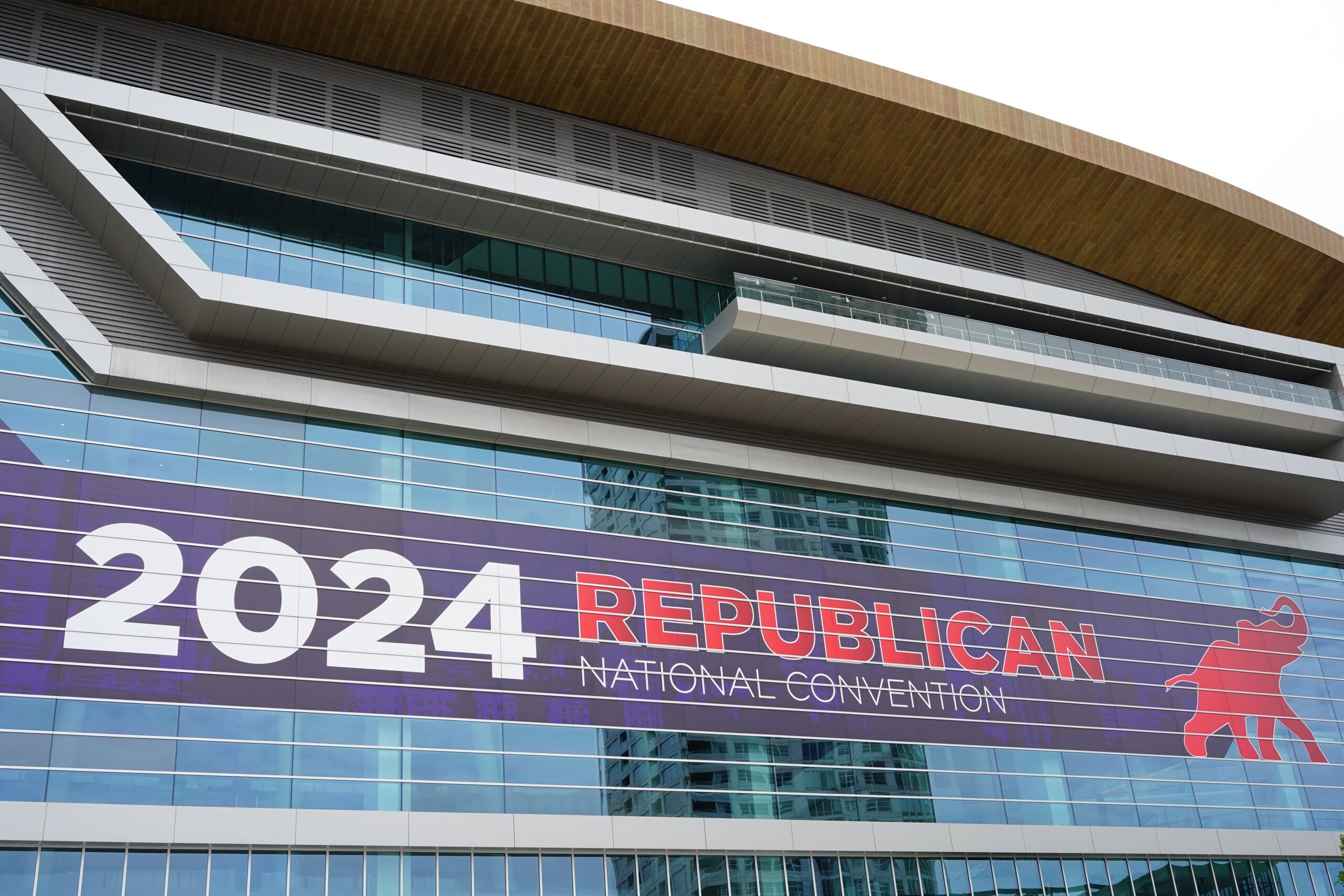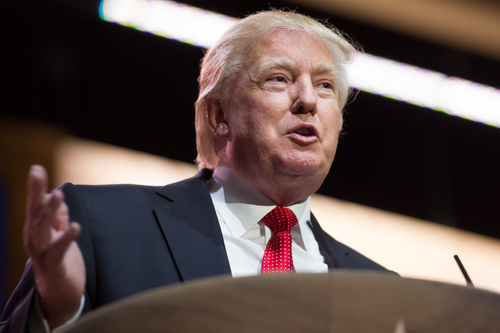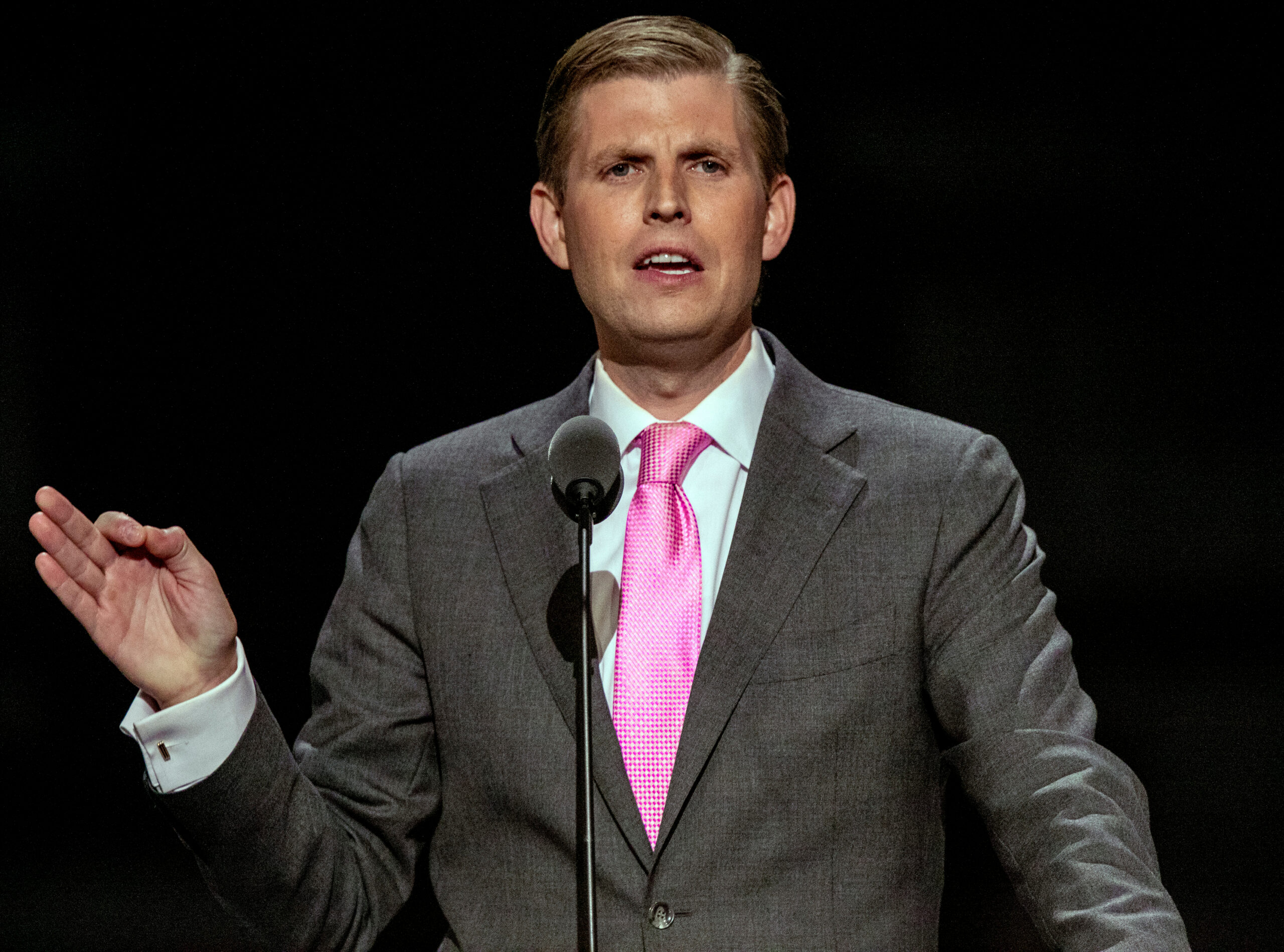As Columbia University in New York City gears up for another academic year that kicks off on September 3, concerns are growing among some faculty members about a possible return to the chaotic protests they say took over campus last spring.
Activist groups have pledged to be back, and the mood on campus is still charged after university president Minouche Shafik resigned earlier this year — the board of guardians named Katrina Armstrong as interim successor just last week.
The previous semester was marked by the kind of unrest that disrupted classes, moved finals off-campus, and postponed commencement.
But some professors, who saw the protests escalate last spring, culminating in a tear gassing incident that made headlines worldwide and sparked violent clashes as we tested promises of peaceful protest from students and police forces – are concerned things could get out of hand once more.
“I won’t be surprised if things are just as bad when the semester starts,” said Cliff Stein, a computer scientist and a professor of industrial engineering, told The Post. “This is extremely upsetting…. I’m seeing [antisemitism] on my own campus, in the world I inhabit, and I spend a lot of time worrying about it.”
“I found it particularly upsetting when people were standing outside my building chanting slogans that could be interpreted as calls for violence,” he said. “It felt intimidating and threatening.”
Despite his own experience, Stein said this has been a difficult period in part because so many of his colleagues agree with him on the issues.
Another professor also voiced concerns.
“What’s going on here is making Jewish students feel uncomfortable,” Elliot Glassman, an adjunct professor of architecture, told The Post. “It’s very unsettling how our school and academia could be hijacked, just demonizing one particular side as opposed to being thoughtful and solutions-oriented.”
“I started off the semester fine, and then October 7th happened and obviously that was very traumatic,” he recalled. “I couldn’t look in any direction without seeing dozens of pro-Palestine posters, and some of them were very inflammatory.”
“This wouldn’t be tolerated really against any other group,” Glassman said. “It can’t go unchallenged. We have to call it out now before things get normalized. I worry about the impact on current students and even future students’ desires to attend Columbia.”






